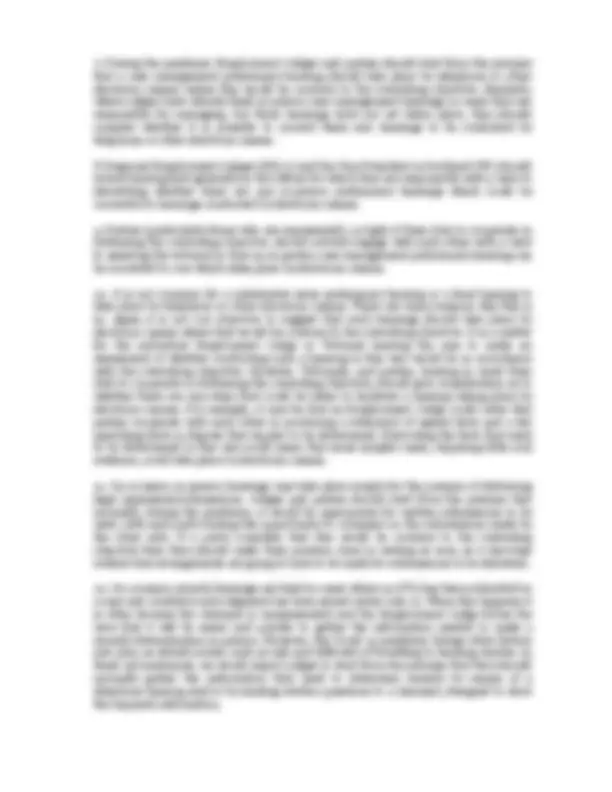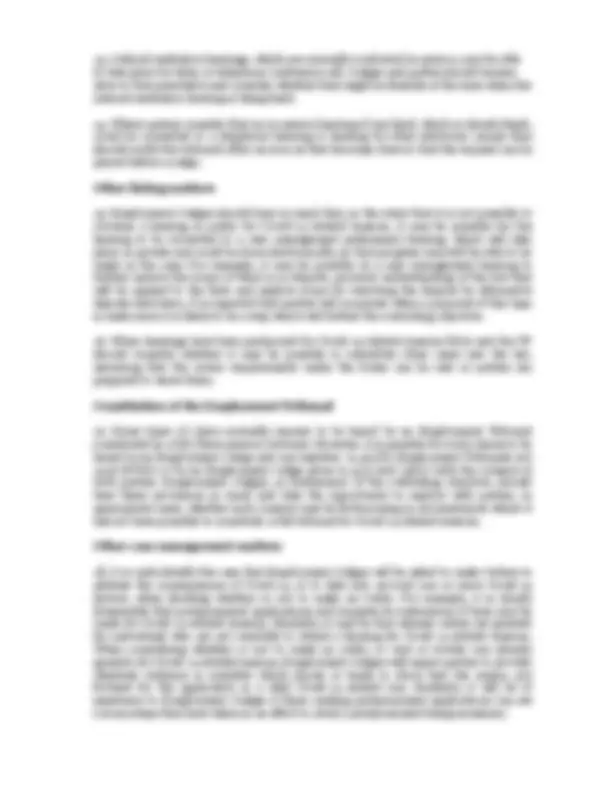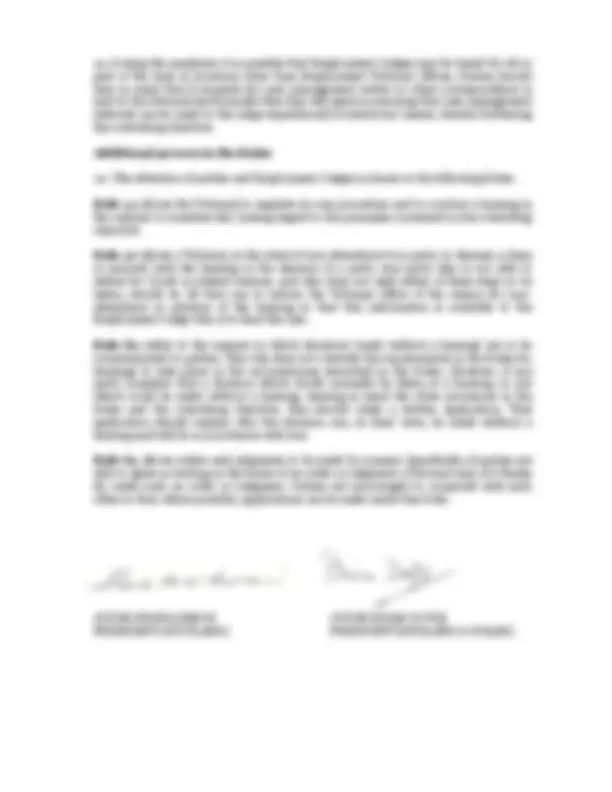





Study with the several resources on Docsity

Earn points by helping other students or get them with a premium plan


Prepare for your exams
Study with the several resources on Docsity

Earn points to download
Earn points by helping other students or get them with a premium plan
Community
Ask the community for help and clear up your study doubts
Discover the best universities in your country according to Docsity users
Free resources
Download our free guides on studying techniques, anxiety management strategies, and thesis advice from Docsity tutors
Guidance for Employment Tribunals on how to exercise certain powers during the Covid-19 pandemic to ensure fair and just proceedings. It covers the use of electronic communication for hearings, the reduction of in-person case management hearings, and the conversion of hearings to electronic means. The document also addresses the impact of the pandemic on Employment Tribunal offices and the duty of parties to cooperate with the Tribunal.
Typology: Schemes and Mind Maps
1 / 5

This page cannot be seen from the preview
Don't miss anything!




JUDGE SIMON JUDGE D OYLE P RESIDENT P RESIDENT E MPLOYMENT TRIBUNALS (S COTLAND ) E MPLOYMENT T RIBUNALS (ENGLAND & W ALES) PRESIDENTIAL GUIDANCE IN CONNECTION WITH THE CONDUCT OF EMPLOYMENT TRIBUNAL PROCEEDINGS DURING THE COVID- PANDEMIC This Guidance is issued in accordance with Rule 7 of the Employment Tribunals Rules of Procedure (“the Rules”). The Rules are set out in Schedule 1 of the Employment Tribunals (Constitution and Rules of Procedure) Regulations 2013. Employment Tribunals must have regard to this Guidance but they are not bound by it. This Guidance has effect from 18 March 2020. Background
not all hard copy documents received in a case are capable of being transformed into a digital format; if case files/hearing related documents, which are not available in digital format, are needed by Employment Judges working at locations other than Employment Tribunal offices this will depend in some instances on secure delivery services being available to transport those documents; given the range of Employment Tribunal hearings that require to be conducted in public, in terms of the Rules, this will limit what can be done from locations not open to the public (for example, a judge’s private residence). Hearings conducted by electronic communication